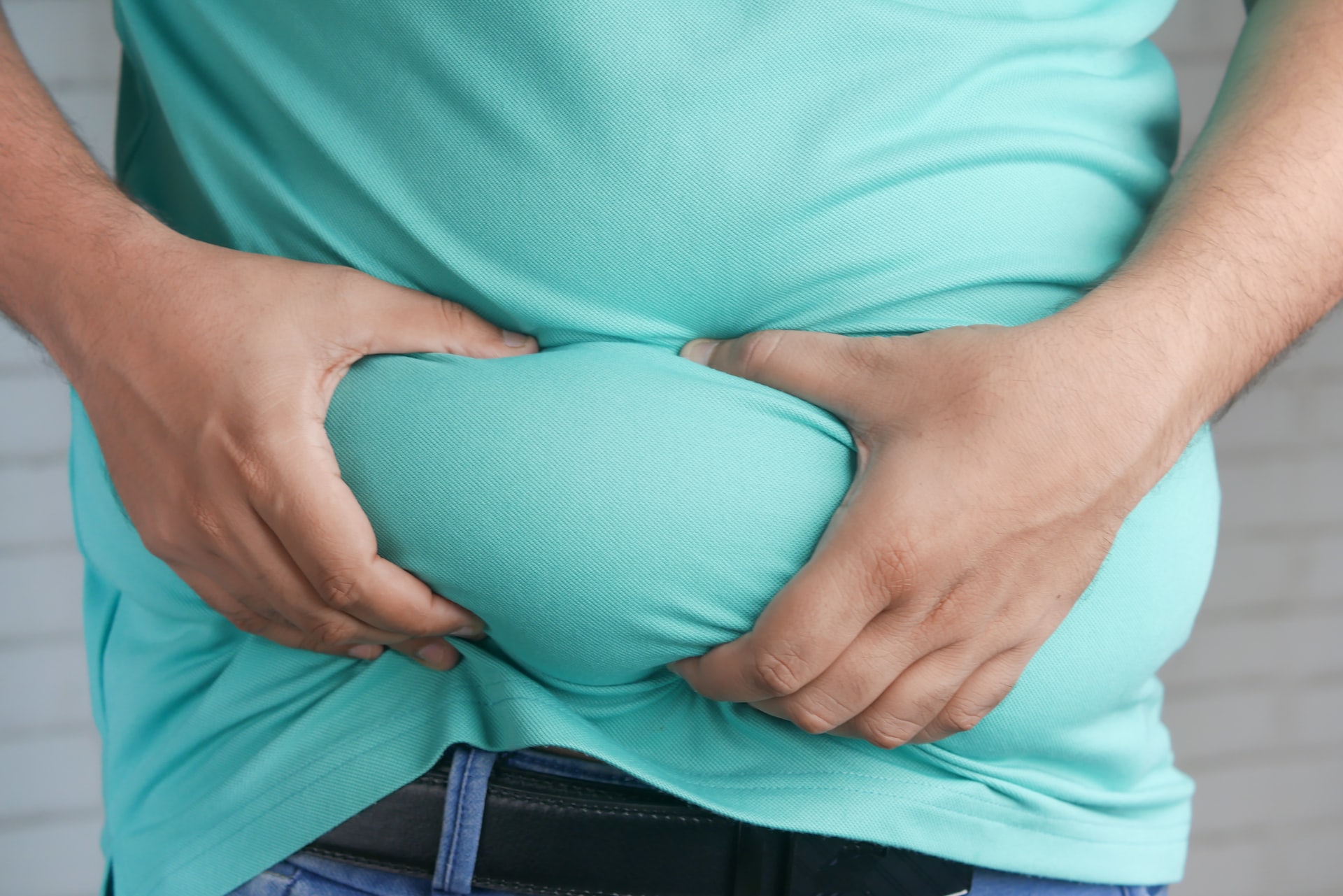Heavy metal toxicity can be a significant barrier to weight loss. Metals like mercury, lead, and arsenic can accumulate in the body over time and interfere with the normal function of organs like the liver and kidneys. This can lead to several serious health problems, including weight gain.
Table of Contents
Heavy Metals and Nutrient Deficiency
Essential minerals and metals must bind to transporters to be absorbed into the body. However, many toxic metals share these receptor sites, leading to a deficiency of essential minerals. This deficiency can negatively affect energy production and carbohydrate tolerance, making it difficult to lose weight.
Testing for nutrient deficiencies and balancing them with heavy metal detoxification can help overcome this weight loss resistance.
Heavy Metals and Oxidative Stress
Heavy metals are also a major source of oxidative stress in the body. Oxidative stress occurs when there is an imbalance between the production of free radicals and the body’s ability to detoxify them. This can lead to cell damage and inflammation, which can contribute to weight gain.
Heavy Metals and the Thyroid
The thyroid gland regulates metabolism, and an imbalance can cause weight gain. Mercury, lead, and other heavy metals can interfere with the function of the thyroid gland, causing weight gain.
Heavy Metals and Hormonal Imbalance
Heavy metals can also disrupt the production of hormones, leading to hormonal imbalances. This can cause weight gain and other serious health problems.
Heavy Metals and Insulin Resistance
Heavy metals can also interfere with the body’s ability to use insulin effectively. This can lead to insulin resistance, which can cause weight gain, high blood sugar, and other health problems.
How to Lose Weight While Dealing with Metal Toxicity
If you suspect you may have metal toxicity, there are a few things you can do to help your body eliminate the toxins and improve your health:
1. Eat a healthy diet.
Eating a healthy diet is one of the best things you can do for your health. Make sure to eat plenty of fruits, vegetables, and whole grains. Avoid processed foods, sugary drinks, and unhealthy fats.
2. Exercise regularly.
Exercise helps to improve your health and can also help your body eliminate toxins.
3. Drink plenty of water.
Water helps to flush toxins out of your body. Make sure to drink at least eight glasses of water each day.
4. Avoid exposure to toxins.
If you suspect you have metal toxicity, avoid exposure to toxins as much as possible. This includes avoiding contact with lead, mercury, and other heavy metals.
5. Get tested for metal toxicity.
If you suspect you may have metal toxicity, talk to your doctor about getting tested. Metal toxicity can cause various symptoms and health problems, so it’s important to get tested and treated as soon as possible.
To Sum Up
While it is possible to lose weight while suffering from heavy metal toxicity, the condition makes the process much more difficult. The toxicity can cause a number of problems that make it difficult to lose weight, including fatigue, headaches, and difficulty concentrating. In addition, the toxicity can lead to increased appetite, making it harder to stick to a diet. If you are struggling to lose weight and think that you may be suffering from heavy metal toxicity, it is important to see a doctor so that you can get the proper treatment.
Get the best detox drops here at Zeolite for Detox. Our Root Brand Zeolite is far superior to any other Zeolite product on the market today. Get it here.
Recent Posts
You love watching your little one grow and learn new things every day, but early signs of speech delay can sometimes go unnoticed. Observing your toddler's developmental milestones is crucial in...
Zeolite, a volcanic mineral known for its detoxification properties, is gaining popularity in the health industry. Parents often wonder if it is safe and effective for their children. In this...

